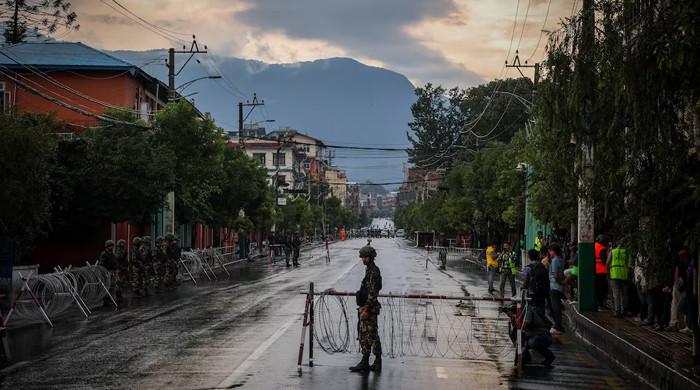Which is the world's hottest capital now? It's not in Africa
Lack of green spaces aggravates the heat island effect, with Athens facing a mere 0.96 square meters of green space per resident
July 21, 2023

Athens, a densely-populated concrete jungle, has emerged as one of Europe's hottest capitals, grappling with extreme temperatures and a scarcity of green spaces, experts caution.
Residents and visitors endure scorching weeks, seeking relief only on cafe terraces during the evenings.
However, the mercury is set to soar again, with temperatures reaching a blistering 40 degrees Celsius (104 Fahrenheit) this weekend, leading authorities to partially close the Acropolis and some major parks.
The lack of green spaces aggravates the heat island effect, with Athens facing a mere 0.96 square meters of green space per resident, significantly below the World Health Organization's recommendation of nine square meters per capita.
Forests surrounding the city are also vanishing due to wildfires, further exacerbating the situation.
Despite being flanked by hills and rivers, Athens is engulfed in a sea of concrete buildings. From the Acropolis, the view reveals an endless expanse of structures, punctuated by rare green patches.
Central Athens, second only to Paris in population density, sees constant construction, threatening to swallow the remaining green areas.
The city's struggle to embrace environmental sustainability is primarily hindered by the absence of a comprehensive strategy and political will.
While the appointment of Athens' first climate tsar in 2021 aimed to implement a climate change adaptation strategy, various urbanization projects continue to disregard environmental concerns.
Trees have been felled for new metro stations, and plans for a central "grand promenade" with green spaces have been mired in prolonged construction.
The legacy of Greece's economic crisis still looms, with budget cuts affecting public services and natural protection areas becoming subject to exploitation.
Despite some initiatives, the lack of cohesive planning and widespread public engagement impedes genuine progress.
Addressing Athens' environmental challenges demands a collective effort to strike a balance between urban development and preserving green spaces.
The city must prioritize environmental protection and sustainable growth to mitigate the effects of extreme temperatures and secure a healthier future for its residents.











